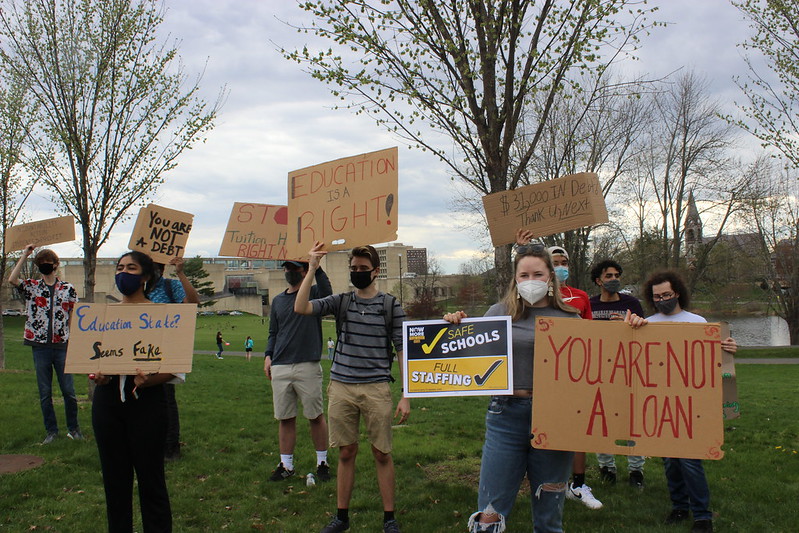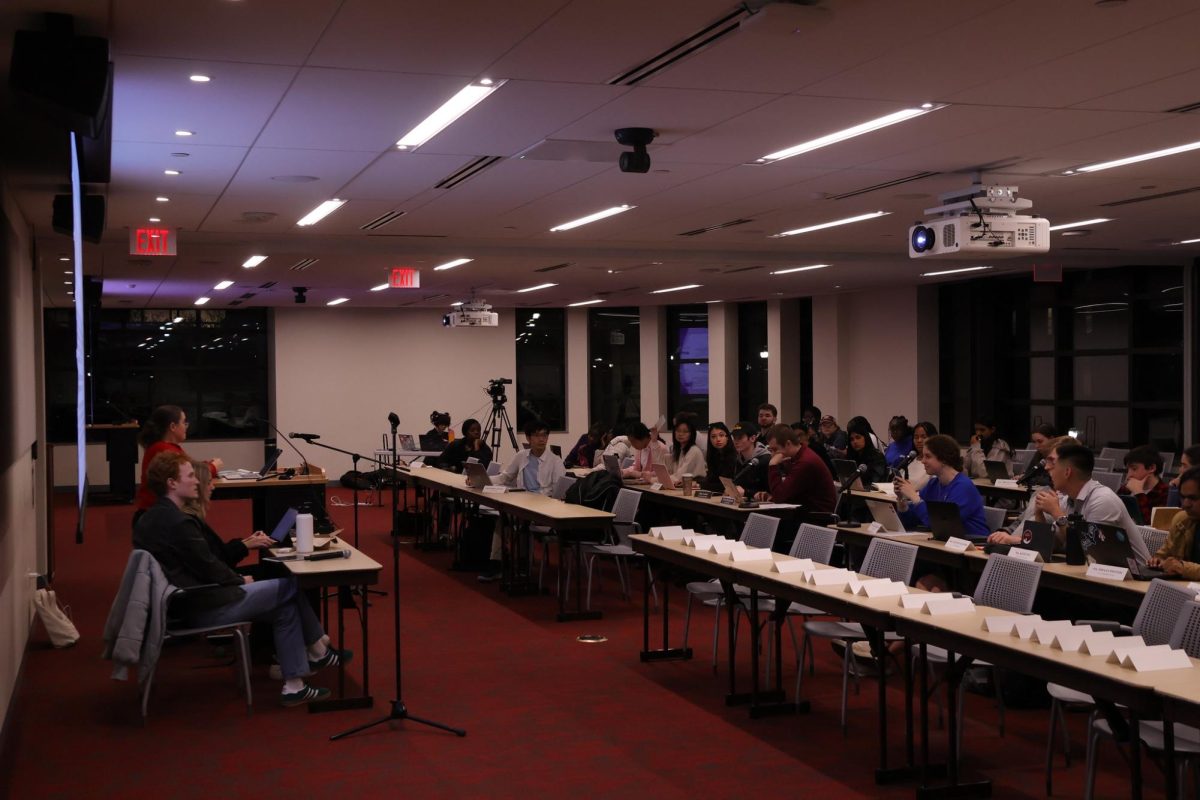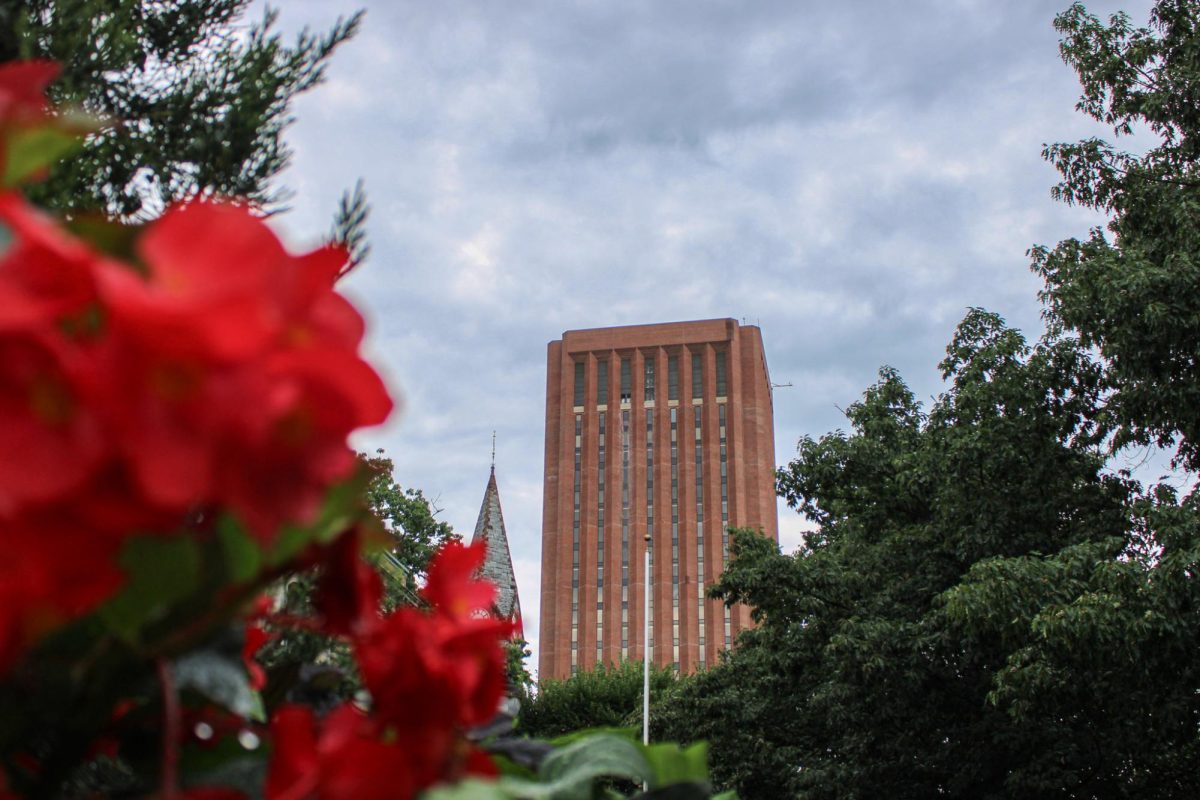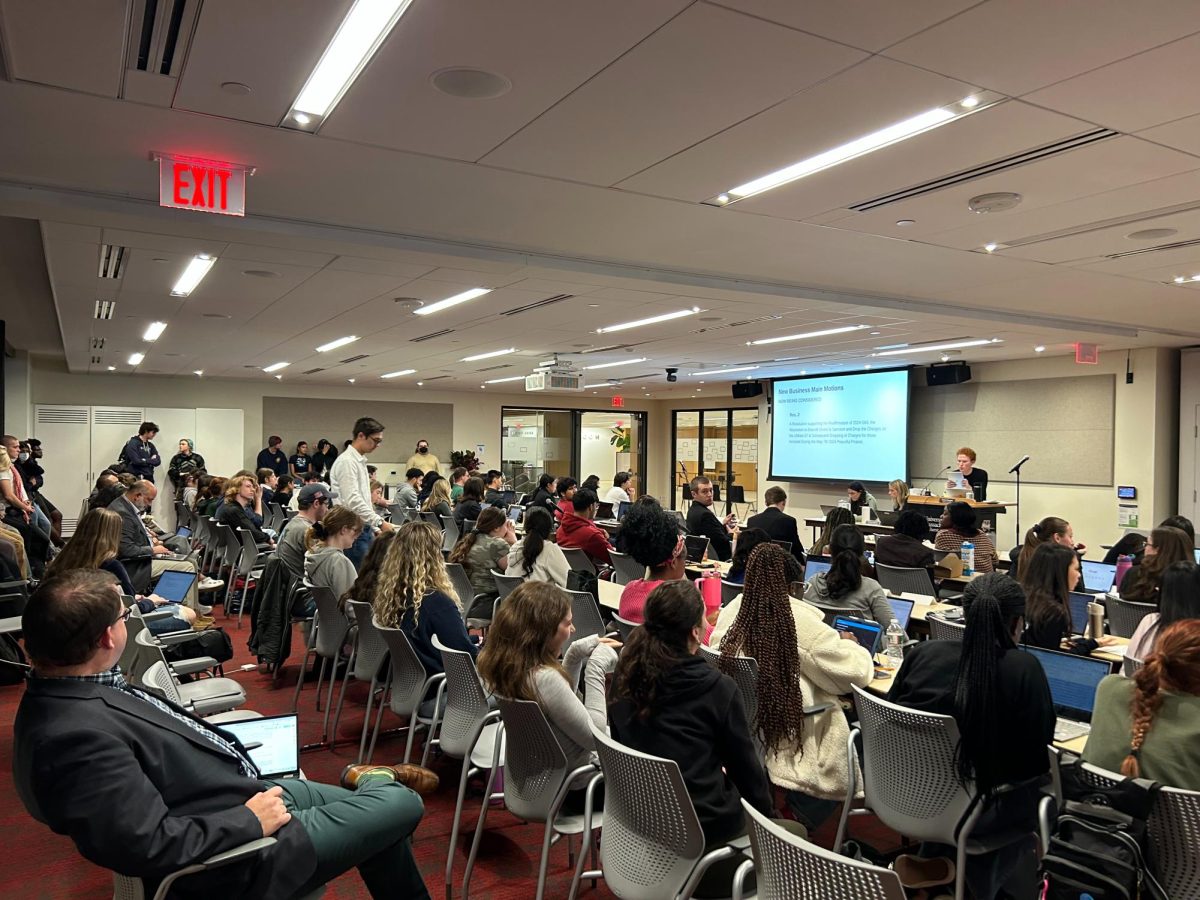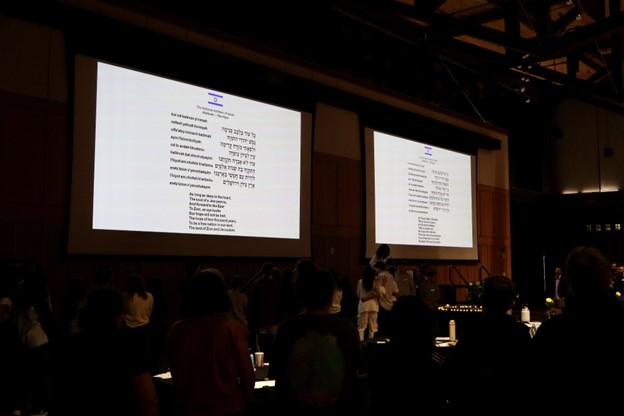University of Massachusetts tuition will increase by 2.5 percent for in-state students and 3 percent for out-of-state students in the 2023-24 academic year, as voted by the UMass Board of Trustees during their quarterly board meeting on Thursday, April 13.
The board also approved raising the cost of on-campus housing by 4 percent and dining plans by 5 percent. Student Trustee Adam Lechowicz was the only present board member who did not vote in support of raising tuition or the cost of room and board.
Increasing the cost of UMass makes up for the state legislature’s limited investment in public higher education, according to Lechowicz, who represents the flagship campus as one of two student trustees with voting rights.
“State [higher education] funding has been eroded a lot over time,” Lechowicz said. “That gap needs to be addressed somewhere. [The board thinks] they’re doing it [in] one way which is working for students.”
“I personally, as an undergrad at UMass, knew many people who dropped out because they couldn’t afford to continue. Tuition increases are absolutely off the table for me.”
The board’s vote followed the Massachusetts House of Representatives Ways & Means Committee more than halving the sum of revenue from the “millionaires tax,” which Governor Maura Healey proposed go towards higher education in fiscal year 2024.
Healey proposed the state spend $360 million of the funds on public colleges and universities, including $59 million to implement a tuition freeze for incoming students. The Ways & Means Committee allocated $174 million towards higher education and did not include a tuition freeze in their revised budget.
Student trustees asked Massachusetts house and senate leaders to increase higher education funding in a letter they authored earlier this month. They noted the university has attempted to make UMass affordable by increasing direct financial aid. According to Lechowicz, administrators wish students recognized this work.
“They want students to acknowledge that they’re doing something,” Lechowicz said. “Where I see a disconnect between myself and students versus administration and the trustees is that the financial aid component is only one tool, and I don’t think it catches everyone.”
Lechowicz said UMass cannot meaningfully lower the cost of their education without the state legislature increasing higher education funding.
“The state legislature needs to wake up to the reality that UMass ranks consistently near the bottom in terms of state support for public higher ed,” Lechowicz said. “That’s hurting students.”
UMass students and staff spoke to the board before they voted to increase tuition and on-campus living expenses. Secretary of the Public Higher Education Network of Massachusetts and UMass undergraduate Ella Prabhakar said UMass students are going into increasing debt for their education.
“We graduate college, and we are forced to pursue jobs only to pay off the loans we accrued from getting an education,” Prabhakar said. “Massachusetts is among the fastest growing student debt in the country.”
Prabhakar attended the board meeting virtually from the Whitmore Administration Building and stood in front of student protestors holding signs reading “less rent, more pay” and “say no to vow of poverty.” The crowd behind her nodded and cheered while she listed how alleviating student debt would change her life.
“I would be pursuing the major that I’m passionate about,” Prabhakar said. “I would be able to succeed better in school instead of working to pay off my tuition.”
Moving forward, Lechowicz recommended students continue following conversations on the changing cost of attending UMass.
“UMass ends up being funded through tuition and fees, which are indirectly funded by the federal government through student loans and private entities who give private loans, and of course students and their families,” Lechowicz said. “It’s your money. We’re all paying this. So just having that engagement is important.”
Sophie Hauck can be reached at [email protected] and followed on Twitter @SophieBHauck

